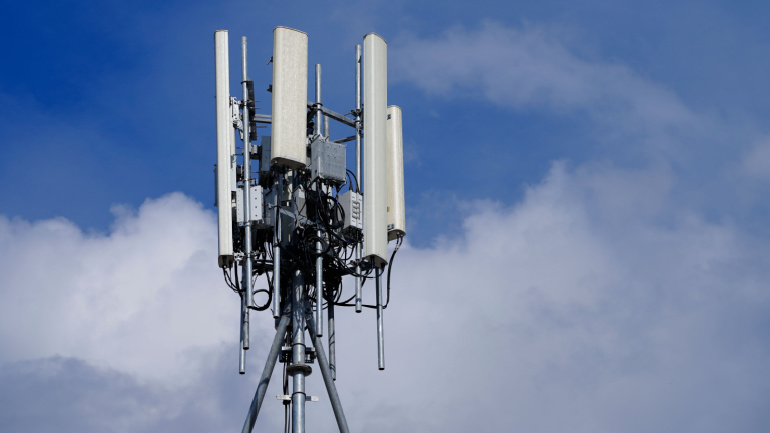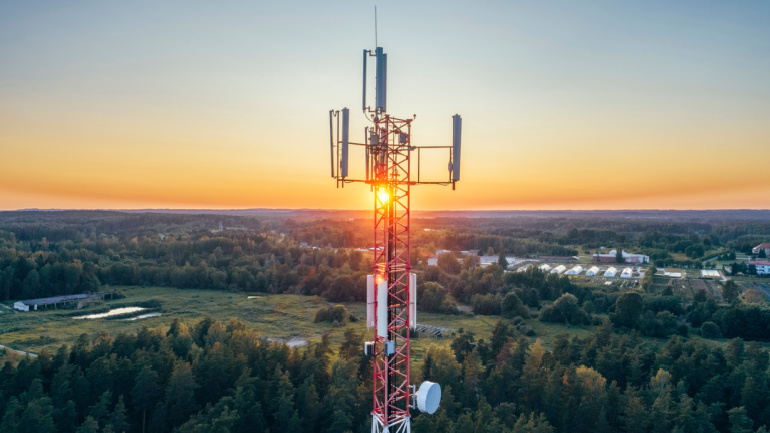Nvidia is setting its sights on a more significant role within the mobile networking sphere, particularly in the emerging field of 6G technology. At its annual GTC AI event, the company unveiled its ambitious 6G Research Cloud Platform, positioning itself as a key player in the next evolution of mobile technology. This initiative is designed to leverage Nvidia’s expertise in chips and AI, demonstrating its capabilities beyond the realm of 5G.
Verizon has inked a new deal with the US Department of Defense (DoD) to install a 5G tower on Oahu, Hawaii. The $1 million project aims to address the longstanding issue of poor connectivity in the area surrounding the Army and Air Force Exchange Service’s (Exchange) HMR Express.
Elliott Investment Management criticizes Crown Castle’s underperformance, pushing for an overhaul, including a new leadership team and board. Boldyn Networks activates a ‘small cell’ near King’s Cross, partnering with EE to boost coverage and speed in London. AWS expands Amazon Bedrock with new generative AI features, including leading models, customization options, and safeguards. Windstream’s Kinetic is launching a $32.5 million fiber project in Georgia, partnering with an electric cooperative, aiming to connect 17,000 homes and businesses in Colquitt County.
Mitratel is significantly expanding its telecom mast portfolio with the purchase of 803 towers from Gametraco Tunggal, marking a strategic move beyond Java Island. This $113 million acquisition not only increases Mitratel’s infrastructure landscape but also welcomes 1,327 new tenants. The company’s ongoing investment in fiber optic networks aims to enhance tower operations, and crucially support the anticipated deployment of 5G networks in Indonesia.
In the face of declining shares, Vodafone’s bold recovery strategy is underway. The shift from a net profit to a loss has been attributed to several factors including missing operations, adverse foreign exchange movements, and losses from joint ventures. Nonetheless, CEO Margherita Della Valle is leading a restoration plan that includes improving customer service and expanding Vodafone Business.
In a surprising shift, Cellnex decides to offload its private networks niche to Boldyn Networks, refocusing its operations back to its base business of towers. This comes despite previously earmarking the private networks sector as critical for growth and the Superlative successes recorded by Edzcom, the Finnish-based firm that designs and runs 4G and 5G networks. This transition aims to trim the company’s debt. In contrast, Boldyn Networks is ready to capitalize on the promising growth in 5G private networks, projected to hit $109.4 billion by 2030.
Virgin Media O2’s decision to offload part of its Corneridge UK towers business to GLIL Infrastructure for £360 million marks a key shift in telecom infrastructure ownership. However, this move falls short of industry valuations, indicating price reductions in the investment market. Despite this, VMO2 retains operational and strategic control in this critical asset, striving to enhance 4G connectivity and intensify 5G rollout. This move aligns with the firm’s wider strategy, marking the start of a potentially transformative series of ambitious deals, lightening its footprint while driving growth.
UK’s major mobile infrastructure entities have formed the Mobile Infrastructure Forum, aiming to boost wireless connectivity across the UK and improve network rollout efficiency. Meanwhile, industry insiders are lobbying for a smoother operation process, amidst challenges like mast site location and negotiation with landlords.
Phoenix Tower International’s acquisition of NOVEC’s German unit offers a lucrative entry point into a high-potential European market, despite a downturn in mergers and acquisitions within the tower sector. This pivotal move solidifies Phoenix Tower’s expansion strategy, leveraging Germany’s stature as Europe’s largest economy and a global wireless build-out hub. Intriguingly, Phoenix’s bold move contrasts with rivals like Cellnex, who have curbed spending due to financial pressures. This daring feat underscores the fluidity and continuous evolution in the telecommunications infrastructure sector.
As Vocus’ exclusive negotiation period with TPG Telecom for the proposed fiber business acquisition concludes, talks remain in motion. Delays in due diligence hint at finance-related stumbling blocks, though TPG stays open to other potential bargains, igniting a scenario of anticipation and suspense within the telecom domain.













